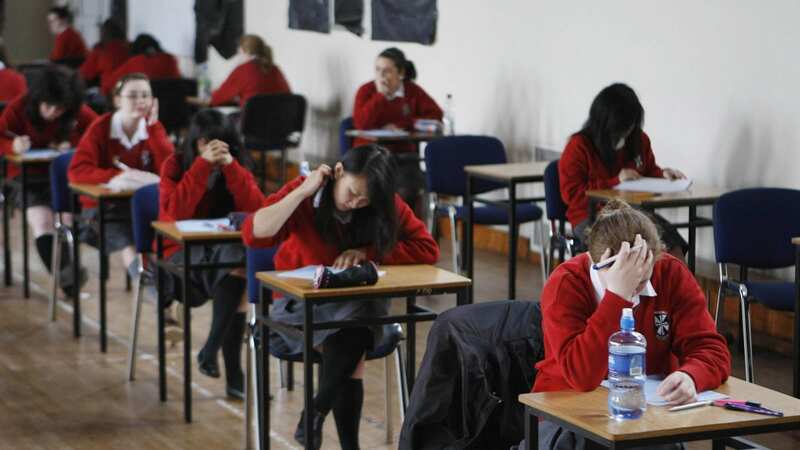GPs told to get missing kids back to class as absence crisis leads to GCSE slump

Tens of thousands of kids who have missed lessons are failing to get good GCSE grades, it has been warned.
A report has found around 20,000 pupils finishing their GCSEs last summer had missed half or more of their classes in one of their final two years of school. Just one in 20 children who skipped half their lessons in both Year 10 and Year 11 achieved at least five GCSEs, including English and maths.
Children’s Commissioner Dame Rachel de Souza, who uncovered the figures, said she was “deeply concerned by the extent of severe and persistent absenteeism in exam critical years”, which she warned “risks undermining young people’s chance of academic success”.
She said: “Children tell me all the time how important school is for them, yet many often find themselves without the support they need to engage in education and attend regularly. If we don’t act now, we risk failing a generation of children. There must be a culture of regular attendance in place, with schools properly equipped to tackle persistent and severe absence… Attendance needs to be everyone’s business, which means GPs, social workers, and all professionals who work with, and for, children being as engaged with attendance as I know teachers are.”
Paul Whiteman, general secretary of the headteachers’ union NAHT, said: “Unfortunately not enough is being done to solve persistent absenteeism. We need dedicated and specialist teams and resources to work directly with pupils who frequently miss school to get underneath the reasons and to solve them. The issues causing absence can be complex and beyond a school’s expertise or ability to solve.
 Nursery apologises after child with Down's syndrome ‘treated less favourably’
Nursery apologises after child with Down's syndrome ‘treated less favourably’
"Mental health, for example, is something we know to be a significant barrier to school attendance. Timely support from specialist mental health professionals is required in these cases. Unfortunately, a decade of cuts to services has seen both mental health care and the teams that used to support schools with attendance decimated."
Read more similar news:
Comments:
comments powered by Disqus

































